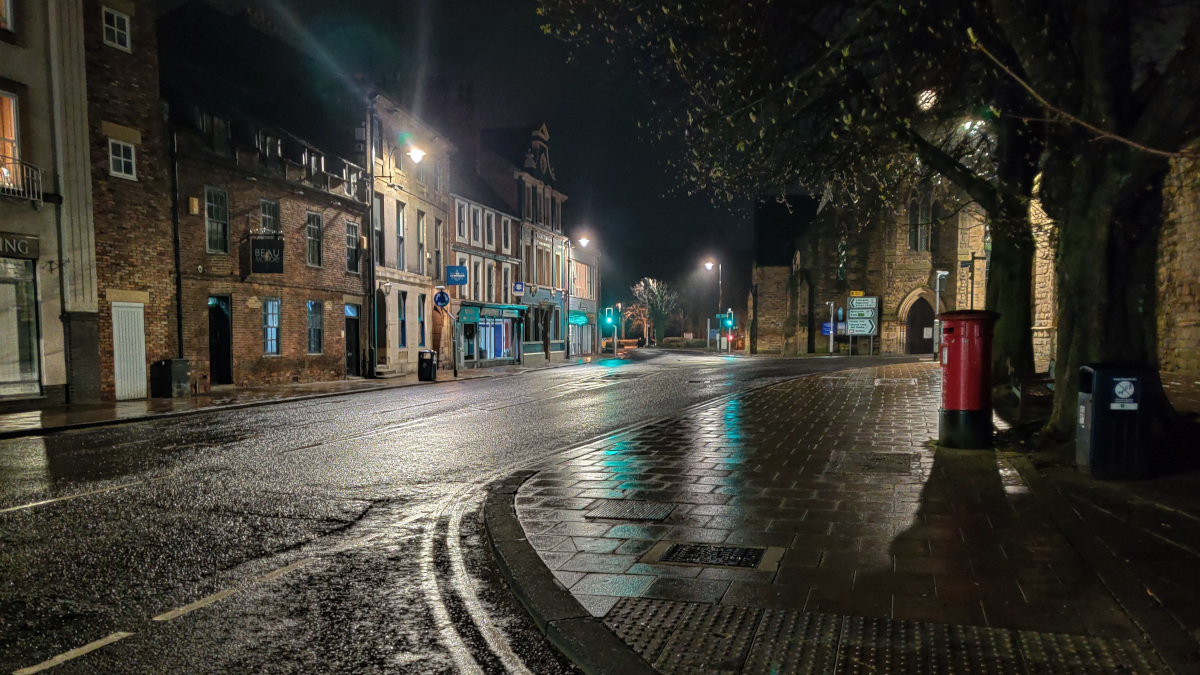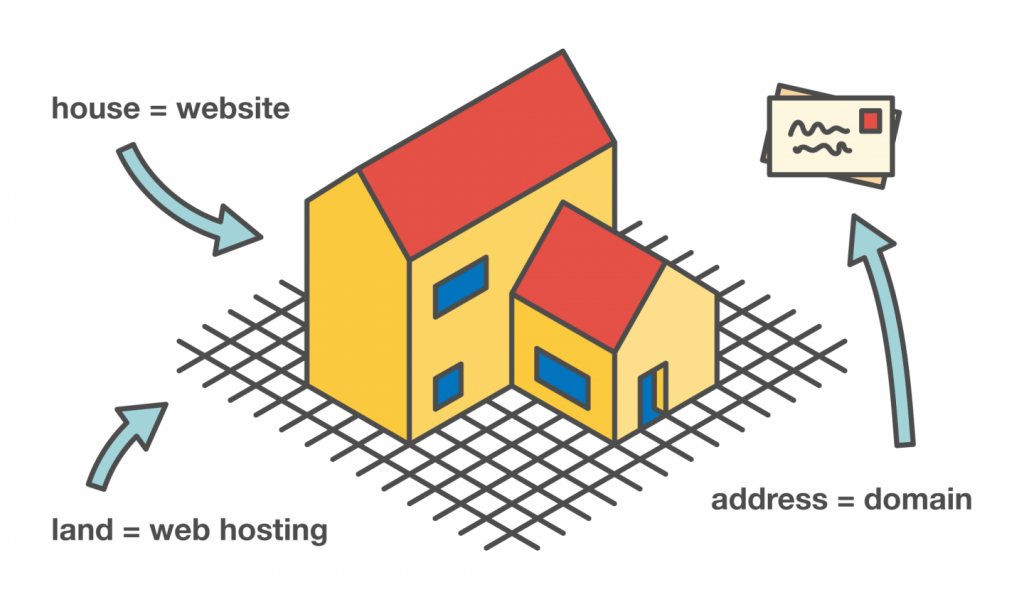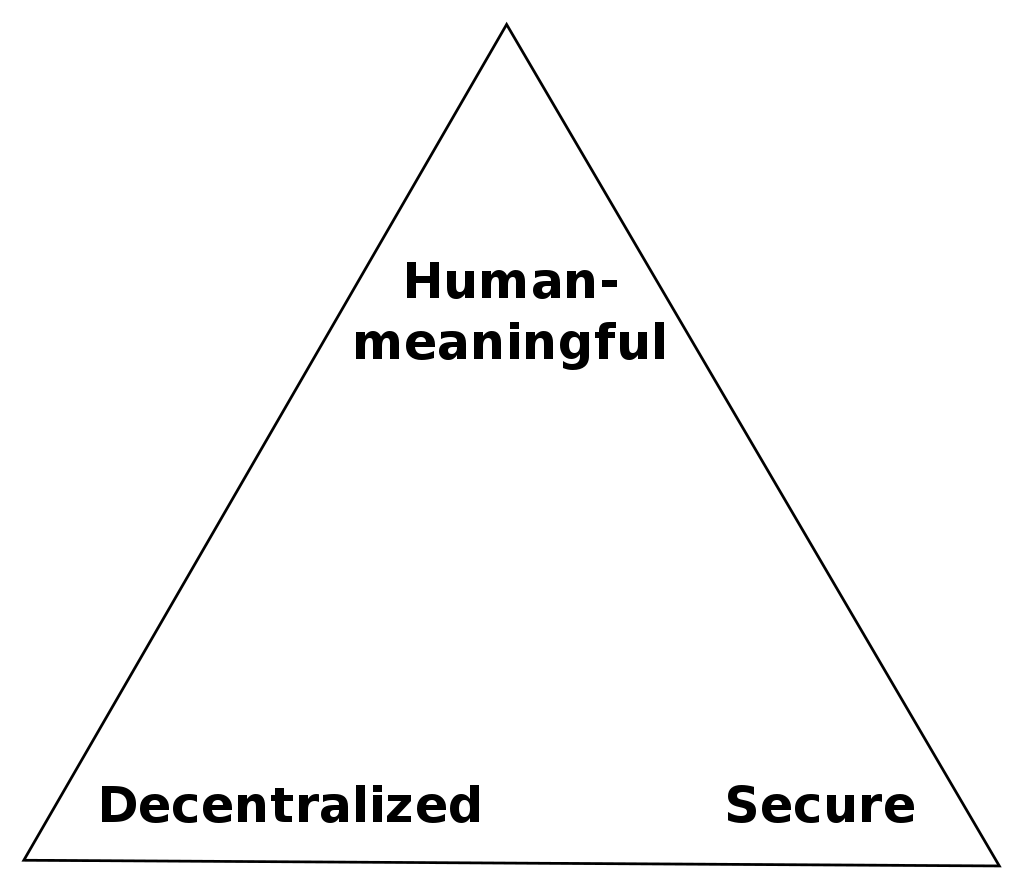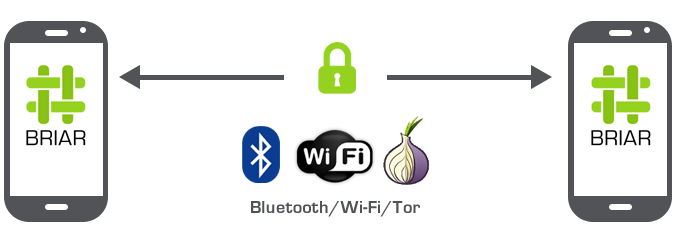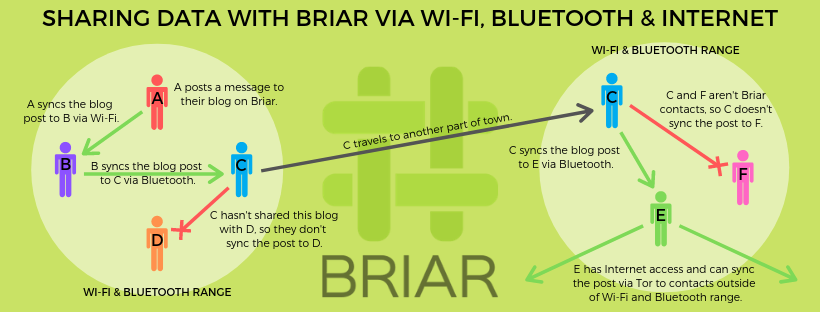Weeknote 14/2020
When I was younger I used to find it very strange that my mother was so pessimistic. She wasn’t exactly a ‘prepper‘ but she’d always make sure we had extra tins in the cupboard, and everything to hand in case something bad happened.
A particular phrase she used to use has stuck with me over the years: “if you’re a pessimist, you’re always pleasantly surprised.” I used to think that was no way to live a life, but now I’m approaching forty, I can see where she’s coming from.
Being mentally and physically prepared for things going south is sensible and expedient in a world which assails you from all sides. Whether it’s time ravaging your physical health, or the state of the world taking its toll on your mental health, it’s pragmatic to understand that we all will endure suffering.
That’s why I read books by Stoic thinkers on repeat. For example, one of my favourite quotations is the following, from Marcus Aurelius, who despite being a Roman emperor, suffered like the rest of us:
Men seek for seclusion in the wilderness, by the seashore, or in the mountains – a dream you have cherished only too fondly yourself. But such fancies are wholly unworthy of a philosopher, since at any moment you choose you can retire within yourself. Nowhere can man find a quieter or more untroubled retreat than in his own soul; above all, he who possesses resources in himself, which he need only contemplate to secure immediate ease of mind – the ease that is but another word for a well-ordered spirit. Avail yourself often, then, of this retirement, and so continually renew yourself.
Marcus aurelius (Meditations, book IV)
Other than having an underground doomsday bunker, we couldn’t have been much better prepared for the current crisis. However, this week, despite my mental and physical preparations, I’ve found myself…. stretched.
This week a couple of new books arrived at my house: a collection of Seneca’s Dialogues and Essays and Baltasar Gracián’s A Pocket Mirror for Heroes. I’m looking forward to adding quotations from both to Discours.es. I found the selection from Seneca’s On Anger (about which he wrote three books!) a particularly rich vein for quoting.
Until a while ago, I used to maintain a wiki. Unfortunately, it’s not easy to keep Mediawiki-powered sites working properly, and when my backups didn’t work, I gave up on it. Thankfully, due to some unexpected help, I’ve managed to salvage a few pages which I’ve added to this blog:
My daily reading has remained remarkably consistent over the last few years; there’s something meditative about reading the same books on repeat most mornings.
Talking of reading, I finished Future Histories by Lizzie O’Shea, which comes highly recommended. I loved the history, the deep understanding of technology, and the author’s politics. Great stuff.
I’ve started on Cormac McCarthy’s The Road, and am about half-way through. It’s dark. So dark, in fact, that when I tried to read it when my son was young, I had to put it down after five pages.
The rationale behind this is that, I think that in times of crisis it’s better to go for either end of the spectrum. Either comedy and light-hearted stuff to raise my spirits, or tragedy and dark content to make me realise that things aren’t really so bad after all.
A glimmer of light this week was OER20, which ALT managed to pivot to being fully-online in the matter of a couple of weeks. I didn’t get to go to more than a couple of sessions, but was impressed by what I experienced, and donated anyway.
One of the sessions I managed to attend was about the domain of one’s own initiative at Coventry University. It led to me asking some questions at the end, which I turned into a blog post entitled Domains, decentralisation, and DNS.
On the work front this week I attempted a new format for our MoodleNet team weekly meetings which worked well. I should write that up, but it’s based on Matt Thompson‘s approach.
I also checked in with Johanna Sprondel‘s MA students who are helping out with the crowdfunding plan we’re working on together. They asked some great questions. Moodle’s also working on a donations strategy, so I’ve been involved in management meetings about that.
On the We Are Open Co-op front, I continued to do some work on our contract with Greenpeace around Planet 4. We’re planning a ‘day of action’ so I put together a short video using Bryan‘s illustrations to explain the why, how, and what.
Although I’ve got enough done, I haven’t felt so productive this week. I think that’s because I’ve had to slow my brain down to stop it racing ahead and thinking of possible futures in which everything I’m currently doing fades into insignificance.
I’m taking a lot of solace in long walks with my family, in nursing a single malt and talking to my wife, and in hanging out with my parents on video chat. I even, with the help of our children, painted the garden fence this morning!
We’re now on ‘Easter holidays’, whatever that means in our current context. I think it means that the kids do a little less work, and that I take a day off from my Moodle work and half a day off from my co-op work. Days and dates have lost their meaning.
Anyway, I’ll keep on keeping on. There’s not much to do otherwise, except perhaps more DIY. And goodness knows I’m no good at that.
Photo from a walk around Morpeth one night this week after I realised I’d only done 647 steps by 21:00...

